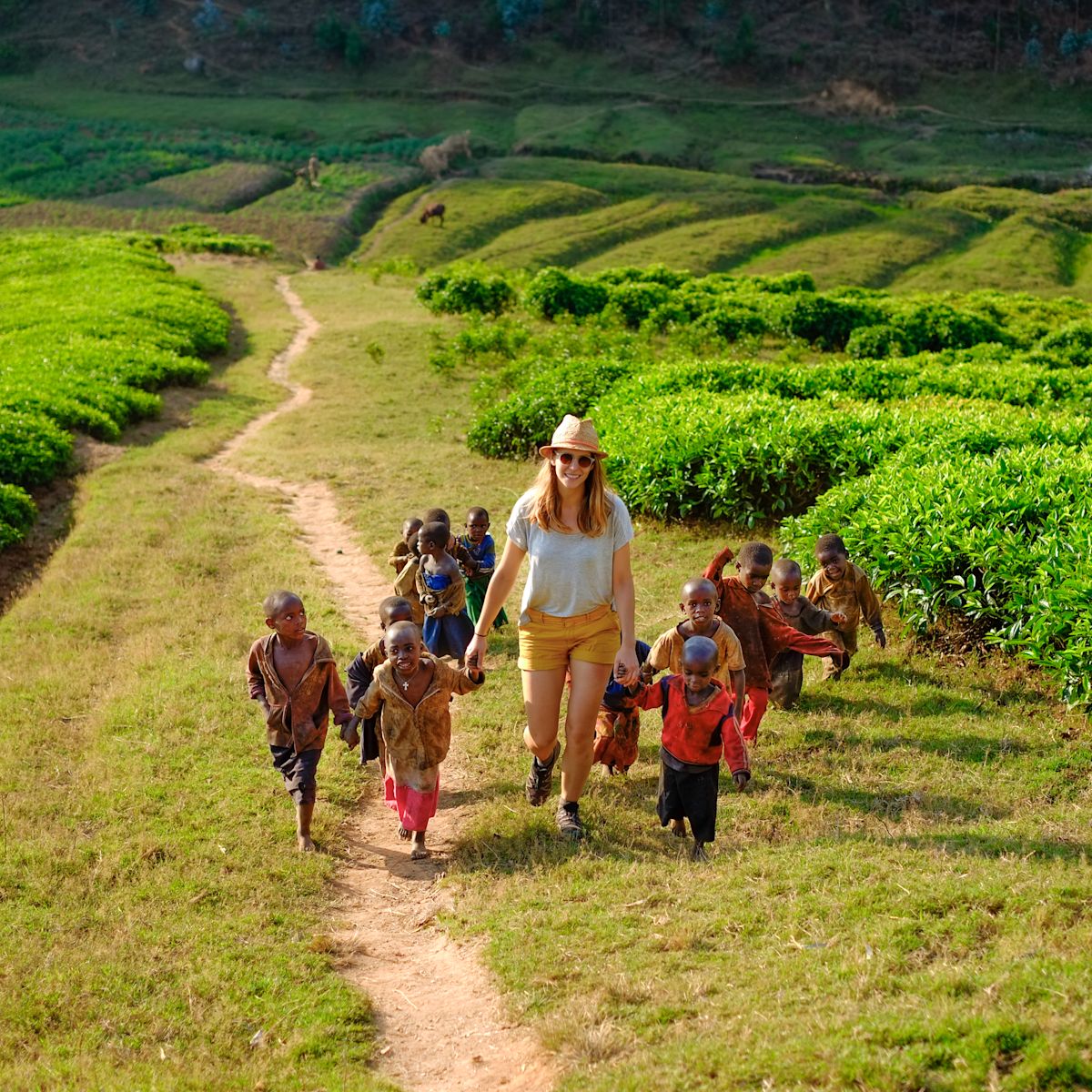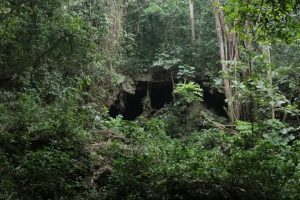Travel Responsibly in Rwanda
How do you define Responsible Tourism? What does it mean to travel to a country that has overcome adversity and chosen healing through conservation? Consider what it means to go through woods, settlements, and animal corridors where every footprint counts. Travel Responsibly in Rwanda
Travel in Rwanda is determined by the aim. Communities have an impact on the way tourism functions. National parks use collaborative methods that connect animal protection and community prosperity.
Gorilla permit revenue improves health services and increases access to education in neighboring districts. Trained guides interpret the surroundings with understanding, purpose, and pride.
What happens on Safari is directly related to what happens beyond it.
When you choose to visit Rwanda, your decision becomes part of that relationship. Every decision you make, from the accommodation you choose to the conversations you have, influences the outcome. These decisions affect livelihoods, conservation efforts, and the value of shared areas.
This guide provides a solid foundation for travelling with awareness. If you’re planning a safari in Rwanda, consider this an invitation to move carefully, ask better questions, and make real contributions to an already effective system.
Understanding responsible travel in Rwanda
Responsible travel starts with an adjustment in mentality. It encourages any visitor who chooses Rwanda over another place to be fully aware of how their presence affects systems, livelihoods, and habitats.
The principle applies directly to how revenue is distributed, land is managed, and dignity is maintained in common settings.
Since the early 2000s, Rwanda’s tourism policy has focused on social fairness and environmental recovery. The Rwanda Development Board oversees national parks in collaboration with conservation organizations like African Parks and the Wilderness Leadership School.
Your visit adds to the system. Each decision you make has a direct impact on local communities and protected environments. While the government and its agencies have done their part, it is up to you, the tourist, to promote responsible travel while in Rwanda.
Rwanda has developed a responsible tourism organization. You can pick how you want to participate.
-
Selecting Ethical Safari Operators
Many safari bookings begin with dates, costs, and destinations. Few travelers think about how much their choice of operator affects the areas they visit. Tourism is an important driver of conservation and community development in Rwanda. As a result, your choice of tour operator is extremely important when it comes to ethical travel in Rwanda.
Ethical operators recruit from local communities and offer fair compensation backed by formal training. Guides frequently obtain accreditation from the Rwanda Development Board and participate in park officials’ continuing development programs. These operators obey permission processes and adhere to official visitation limitations in Volcanoes, Nyungwe, and Akagera National Parks.
-
Reducing Your Environmental Impact on Safari
Small decisions have long-term implications. What you carry, how you move, and how you interact with your surroundings all contribute to the ecosystem into which you enter. Rwanda’s parks may appear pure, but their protection is contingent on regulation, restraint, and cooperation.
-
Respectful Engagement with Local Communities
Visiting a Rwandan community means entering a social system shaped by history, recovery, and restriction. People live near national parks, frequently within walking distance of the woodlands that define Rwanda’s tourism industry. Conservation zones are bordered by homes. Children pass safari trucks on their way to school. Respect in this context begins with a knowledge that tourism is integrated into daily life rather than apart from it.
Meaningful interaction occurs in calm, grounded ways. Visitors at Ride 4 a Woman, located in Bwindi Impenetrable Forest, will encounter women who fix bikes, sew uniforms, and hold counselling circles for survivors of domestic violence. These ladies decide their prices and conduct their seminars.
At the Iby’iwacu Cultural Village, Former poachers near Volcanoes National Park are now cultural interpreters and conservation lecturers. Visitors take part in traditional crafts, music, and guided story-sharing sessions organized and controlled by the community.
Photographs require permission. Conversations deserve time. Certain moments are not meant to be documented. An ethical visit includes asking before recording, choosing cooperatives with clear pricing, and supporting initiatives that are operated locally, rather than through intermediaries.
These decisions may appear insignificant. However, they indicate something deeper. When you visit someone’s home, your behaviors indicate the type of guest you wish to be. Rwandan communities see everything. They recall the travelers who remained present. Travel Responsibly in Rwanda
-
Packing responsibly for a low-impact safari
Packing determines how you, as a tourist, will navigate through Rwanda. As a result, you must pack intentionally rather than assuming. The objects you transport influence how lightly you move through areas that already manage their environmental restrictions wisely.
Rwanda has one of the most stringent environmental protection frameworks in East Africa. National law continues to prohibit the importation and use of plastic bags. Tourists should include reusable toiletry containers, cloth pouches, and sealed fabric storage. Tour operators and lodging establishments frequently include filtered water refills and biodegradable hygiene products. By matching your packing habits with these processes, you contribute to a framework that will continue to function after you go.
Rwanda puts a strong emphasis on modesty and self-presentation. In community situations, neutral apparel that covers shoulders and knees is most appropriate.
Strong scents, showy accessories, and disruptive grooming gadgets might irritate rather than connect. What you wear influences how you are perceived. Packing with care implies planning for mutual dignity.
Final Thoughts: Travel as a Force of Good in Rwanda
Every safari in Rwanda contributes to a system that balances safety and engagement. The question is not whether you leave an impression, but what type of impact you can leave behind.
This country created its tourist model with a purpose. It protects what it cherishes, shares what it can, and allows guests to participate without overcrowding the area. Prioritizing Responsible Travel in Rwanda means recognising that even the smallest action counts. It may be a booking, an inquiry, or a moment of restraint.
When arranging your vacation, select a partner who acts with the same clarity. Abunda Discoveries Uganda collaborates directly with conservation authorities, trained local guides, and community-based programs.




